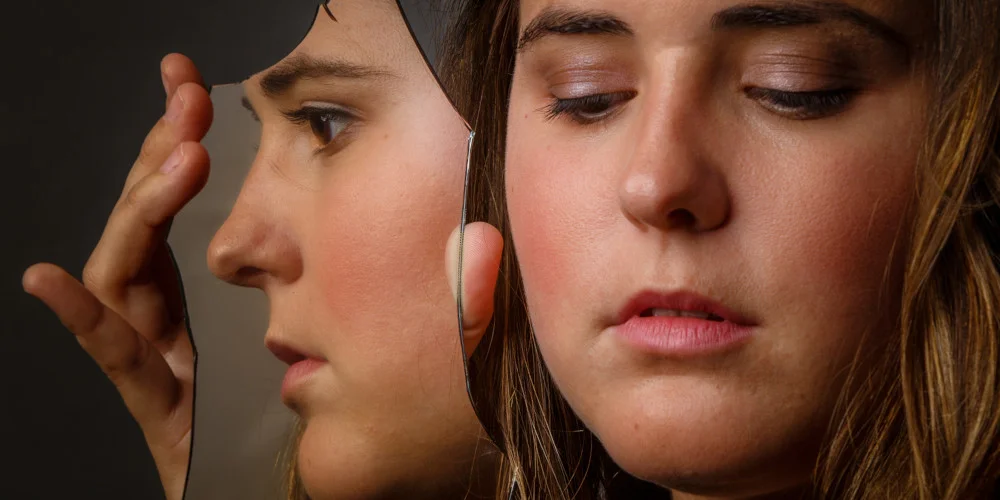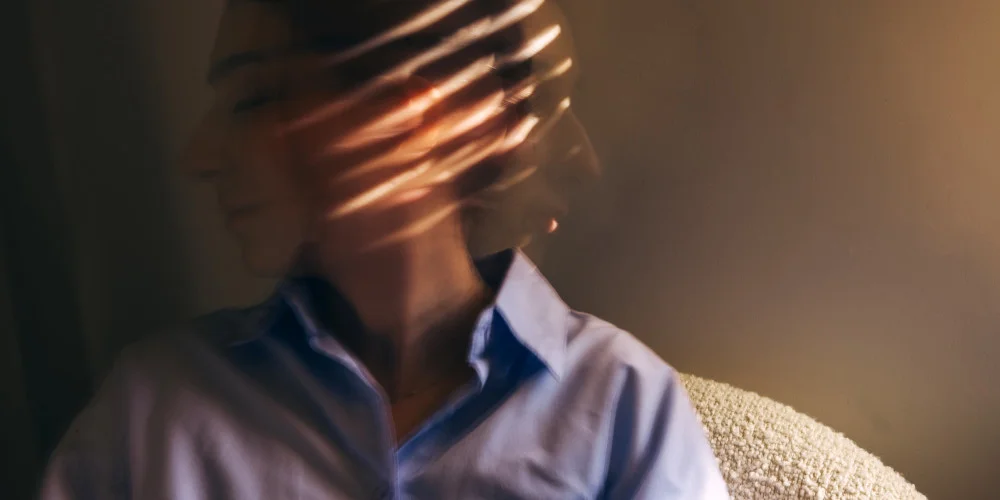In the labyrinth of addiction, it’s easy to lose sight of the light at the end of the tunnel. But take heart. Through spirituality, a powerful beacon can illuminate the path to recovery, guiding your loved one from darkness to light.
Spirituality, in its broadest sense, is about a connection to something greater than oneself. It’s not tied to any specific religion or faith; it’s about finding meaning, purpose, and a sense of belonging. For those navigating the stormy seas of addiction, it can serve as an anchor, offering a sense of stability and direction.
One way spirituality can play a role in addiction recovery is through fostering a sense of inner peace. Addiction often brings turmoil and distress, but engaging in spiritual practices like meditation or prayer can help quell this inner chaos. You might encourage your loved one to explore mindfulness meditation. This practice of focusing on the present moment can help them connect with their inner selves and find tranquillity amid the storm. You can explore this guided meditation specifically designed for addiction recovery:
Additionally, spirituality can help cultivate a sense of purpose and direction, two elements often lost in the throes of addiction. Engaging with a community of faith or finding solace in nature can help your loved one reconnect with their values and find a renewed sense of direction. This motivational video titled “Discovering Purpose Through Hardship” might be helpful:
Yet, remember, spirituality is not a one-size-fits-all solution, but rather a journey of exploration. Your loved one may find spiritual connection through art, music, or even meaningful conversations with others. The critical part is to support them in this journey and encourage them to seek that which brings them peace, hope, and a sense of connection.
It’s also essential to recognize that spirituality is not a replacement for other forms of treatment. Much like acupuncture and other complementary therapies discussed in previous articles, spirituality is most effective when integrated into a comprehensive recovery plan. Think of it as one piece of a larger puzzle, complementing counseling, medication, or other therapies.
The path out of addiction may feel long and arduous, but with the spark of spirituality, it need not be a journey taken in darkness. As your loved one ventures forward, let them know they’re not alone. Encourage them to explore their spirituality, however, it may manifest. This exploration could light their path, restoring hope and guiding them towards a brighter, addiction-free future.
The topic of spirituality in addiction recovery, like many others, is not without its controversies. One of the primary concerns you might come across is the subjective nature of spirituality. It’s a deeply personal journey that means different things to different people. Therefore, what works for one person in their recovery might not work for another. It’s crucial to acknowledge this variability and not force a specific spiritual path upon your loved one, but rather support them in their unique journey.

There’s also debate around the risk of substituting one form of dependency with another. Some critics argue that turning to spirituality might merely replace the substance addiction with a spiritual obsession. It’s vital to ensure that your loved one’s engagement with spirituality promotes balanced growth and not another form of extreme behaviour.
Furthermore, the integration of spirituality into addiction recovery has raised concerns about excluding those who identify as atheists or agnostics. While spirituality does not necessarily involve religion, it does involve belief in something greater than oneself. For some, this could be a deterrent or barrier to their recovery journey. It’s important to recognize that spirituality is just one of the many tools available in addiction recovery and not a prerequisite.
A significant criticism pertains to the lack of concrete, scientific evidence supporting spirituality’s effectiveness in addiction recovery. While many anecdotal accounts highlight the positive impact, critics argue that there’s a need for more rigorous scientific studies to corroborate these claims.
Finally, the potential for spiritual practices to distract from conventional treatments can be a concern. While spirituality can be a powerful tool, it should complement, not replace, evidence-based treatments like medication and therapy. Understanding this balance is key to effectively integrating spirituality into your loved one’s recovery plan.




